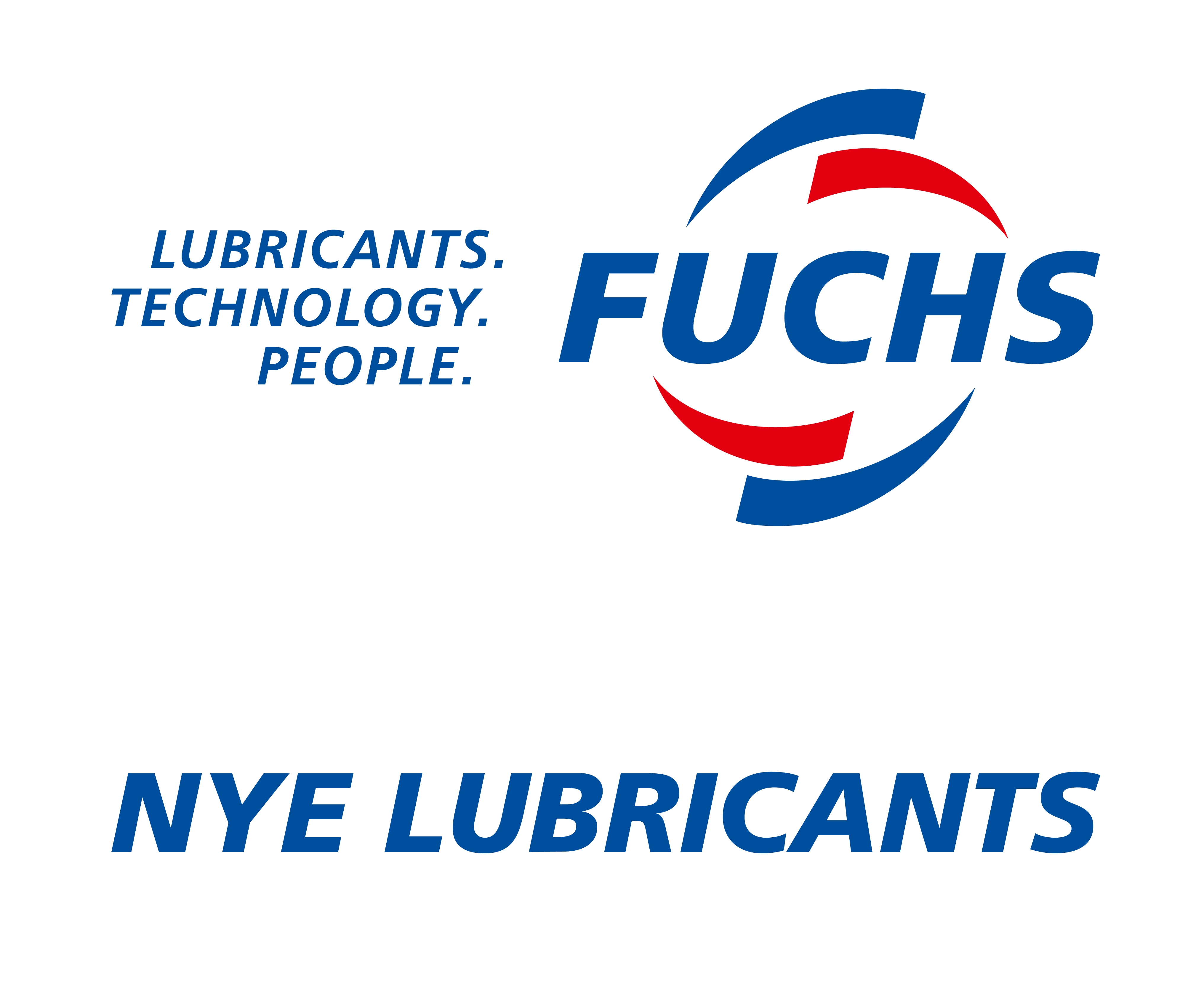Avoid Electric Vehicle Recalls with Grease
Did you know that a single car has upwards of 700 connectors? This number is expected to increase to 1000’s per vehicle with the proliferation of electric and autonomous vehicles. Electronics and electrical systems are increasing in these vehicles to deliver many of the modern comforts that consumers demand including infotainment systems and various safety features. These connections increase the number of potential failures that can result in more than just a quiet radio. If a connector were to lose signal in an autonomous vehicle, critical safety features such as braking, or steering could possibly fail and result in the loss of human life.
In recent years, there has been a growing trend highlighting the need to fix defects in electrical systems and electronics. In 2012, there were just over 20 recalls related to electrical component failures, in 2016 this number grew to almost 60, according to a report by AlixPartners. Something seemingly as small as connector reliability could mean the difference between safe operation, and dangerous, costly recalls. As connectors and electrical systems evolve and become more sensitive to resistance changes, the dielectric lubricants must also progress to keep up with the demanding needs of these applications. 
Fight Fretting
One of the most common reasons for electric connector failure is fretting corrosion. Fretting corrosion and wear in electrical connectors and contacts is the result of micromotion caused by vibration and/or thermal expansion due to heating or cooling cycles. These micromovements result in wear down through the metal coatings into the base material that then becomes oxidized, eventually creating an open connection and ultimately, power failure or signal loss. As this oxide layer builds up and increases, the oxide film acts as an insulator between the contacts which creates an open circuit resulting in voltage drop across the terminal.
Sometimes un-mating and re-mating connectors is enough to solve intermittent power failures. However, unless a dielectric lubricant is applied to the connector, the connector will continue to wear which eventually leads to oxidation and corrosion. Dielectric grease has two primary benefits.
- First, the grease reduces physical wear between the connecting surfaces as they undergo micromotions and fretting wear. This reduction in wear helps to preserve the layered coatings on the connectors, designed to prevent oxidation and minimize resistance.
- Secondly, they insulate the system from the surrounding environment, preventing the build-up of insulative oxide layers which are ultimately responsible for resistance increase and signal loss.
Although the dielectric lubricant is non-conductive, it still allows the microscopic asperities of the contacts to transfer signal and power, while filling in the valleys of the connectors, where wear debris and oxides can form. The dielectric properties become especially important in multi-pin connectors, eliminating the possibility of a short between pins.
With so many connectors and potential failure points, electric vehicle applications require greater fretting protection that standard dielectric greases may not be able to offer. NYOGEL 760G is offers protection against corrosion, reduced insertion force, water washout, and seals the connector from environmental factors to keep out water, dirt, and other corrosive elements that can lead to power failure.
Reduce Insertion Force
NYOGEL 760G also significantly lowers the insertion force required to mate connectors, protects against corrosion, has excellent thermal stability, and water washout characteristics. Insertion force is a frequent problem faced by those who manufacturer large multi-pin connectors and wire harnesses. These connectors require greater amounts of force to mate the connections which increases the risk of musculoskeletal disorders in assembly technicians. Dielectric grease reduces the amount of force required to mate connectors by lowering friction between the two sides of the connectors. Lower insertion force reduces the amount of physical strain put on assembly line workers which can help reduce worker compensation claims.
Brake pedal sensors, wheel speed sensors, and sensors for airbag deployment are a few examples where an instantaneous short circuit, or a communication network fault due to signal loss can be catastrophic. Applying grease during production ensures a solid connection for the life of the terminal to avoid these costly and safety-critical recalls.

